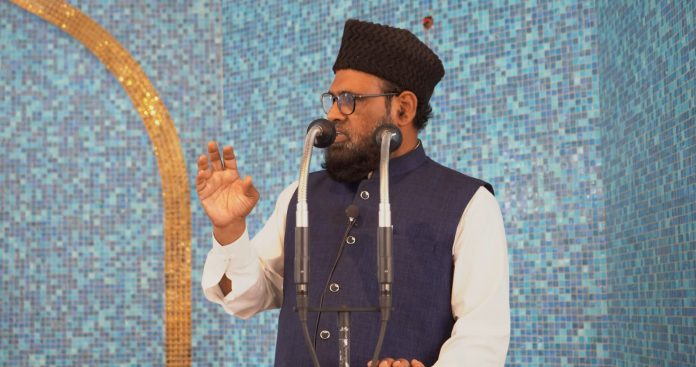Mumbai, Feb. 28: The President of Jamaat-e-Islami Hind (JIH), Maharashtra Maulana Ilyas Khan Falahi has demanded the rollback of the recent amendment in the RTE admission process.
In a statement, the JIH Maharashtra President said, “We are highly concerned over the recent amendments in the RTE admission process. The amendment made by the Maharashtra government is unjustified as it goes against the spirit of Section 12(1)(C) of the RTE Act. This section aimed to address the issue of education inequality by ensuring that 25% of seats are reserved for children (aged 6-14 years) from disadvantaged backgrounds to achieve parity and equal opportunities for all children. By diluting this section through an amendment, private schools shall no longer be obliged to give admissions to poor children. Parents of children from marginalized sections of society will have to admit their wards in government/aided schools if they lie within 1 km of their residence. Henceforth, they would be unable to seek admission in a good private school in their vicinity.”
The JIH Maharashtra President further said, “It is the constitutional duty of the government to uphold educational equity and justice for all children in the state. The amendment in RTE introduces an arbitrary geographic barrier that denies disadvantaged children the opportunity to choose alternative private schools, even if they offer better quality or meet specific needs. It is a well-documented fact that most of the government schools suffer from overcrowding, inadequate infrastructure, and a lack of quality teachers. Denying access to potentially better options in nearby private schools will widen the educational gap between privileged and disadvantaged communities.”
Maulana Ilyas Khan said, “We urge the government for an immediate withdrawal of the recent amendment in RTE rules and advocate for an attractive alternative that prioritizes the quality of education in government and government-aided schools for all children. There should be open and transparent consultation with stakeholders, including parents, teachers, civil society, and unions, to develop comprehensive and equitable education policies.”




